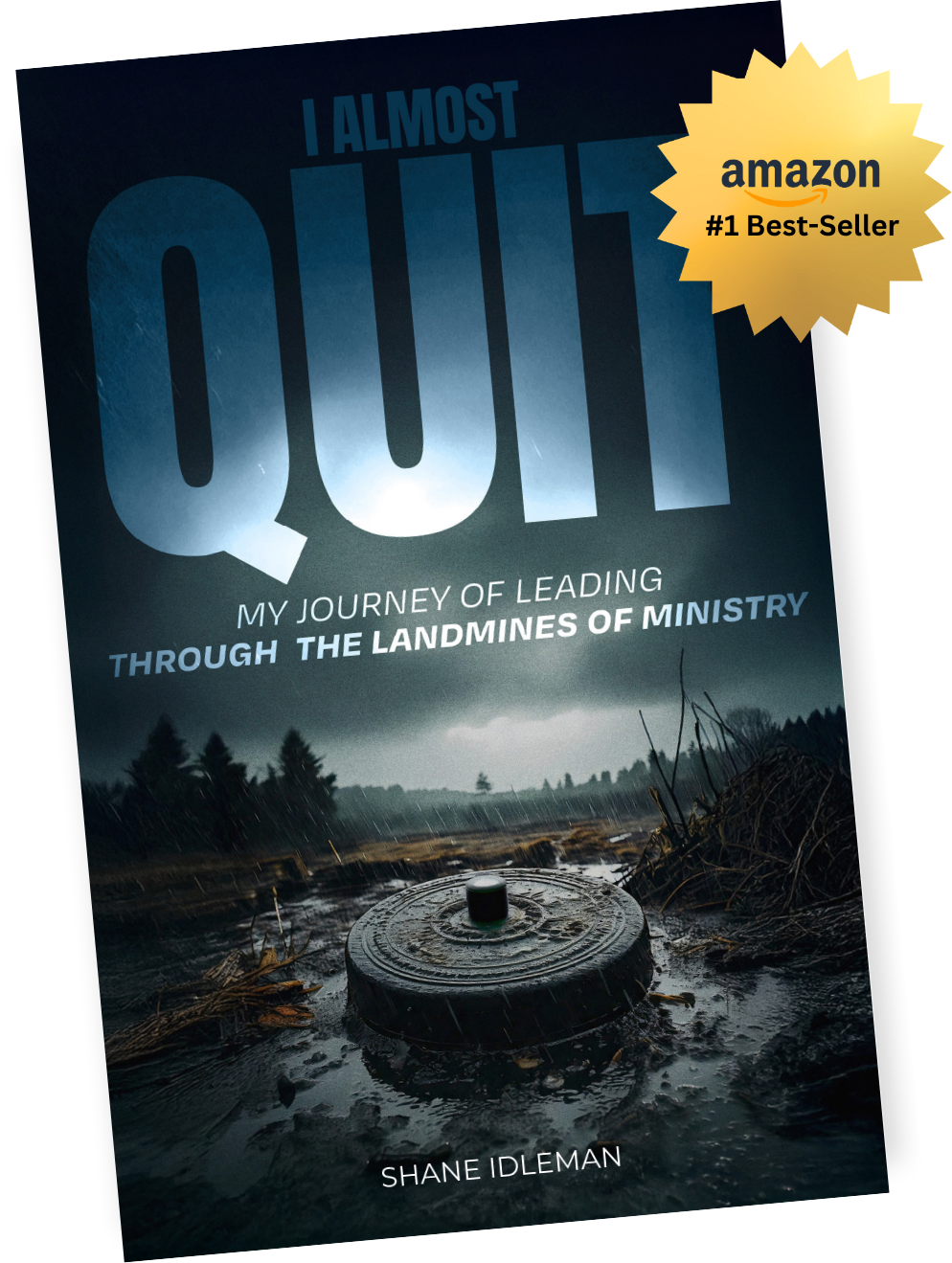“Do not think that I came to destroy the Law or the Prophets. I did not come to destroy but to fulfill. For assuredly, I say to you, till heaven and earth pass away, one jot or one tittle will by no means pass from the law till all is fulfilled. Whoever therefore breaks one of the least of these commandments, and teaches men so, shall be called least in the kingdom of heaven…” (Matthew 5:17-20).
Popular opinion says that because we are “no longer under law, but under grace” (Romans 6:14) our choices are no longer bound to the law…the “thou shalt nots” no longer apply. But this twisting of the truth attempts to justify sin. “The moment you begin to question the authority of the Old Testament, you are, of necessity, questioning the authority of the Son of God!” (D. Martyn Lloyd-Jones).
In Matthew 5, Jesus clarifies His ultimate authority. And because the Jews often wrongly viewed Christianity as a replacement of the law rather than a fulfillment, Jesus clears this fallacy in stating, “I did not come to destroy but to fulfill.” This statement set the tone for the rest of the conversation…namely, Jesus’ teachings are in complete harmony with the Old Testament. Granted, the ceremonial and dietary laws of the Old Testament do not apply today, but the “moral” laws (kill, steal, lie, adultery, bear false witness, etc.) are as significant today as they have been throughout history. The consequences of wrong actions may have changed, but the moral implications remain the same. For instance, even though we no longer stone to death those who commit adultery, this does not mean that adultery is acceptable or any less dangerous. Adultery is wrong even though there aren’t legal consequences.
When it comes to the law, wisdom avoids holding to one of two extremes: Always quoting the law, or always saying, “We’re not under the Law.” Both truths are essential: The law was given by Moses, but grace and truth came by Jesus Christ. The law and grace are married rather than divorced. Galatians 3:19 says that the law was given alongside the promise of the Messiah…to show people their sins. But the law was designed to last only until His coming.
The Apostle Paul presents the question, “Is there a conflict, then, between God’s law and God’s promises?” Absolutely not! If the law could save us then we could be made right with God by obeying it. But the Scriptures declare that we are prisoners of sin. We receive God’s promise of freedom only by believing in Jesus Christ (cf. Galatians 3:21-23). Before the perfect sacrifice of Christ was available, all were placed under guard by the law.
Paul continues, “We were kept in protective custody, so to speak, until the way of faith was revealed. Let me put it another way. The law was our guardian [a restraining influence] until Christ came; it protected us until we could be made right with God through faith. And now that the way of faith has come, we no longer need the law as our guardian” (Galatians 3:23-25).
Again, this doesn’t mean that God’s moral standards are to be dismissed. Quite the contrary, grace does not relieve us of responsibility…we now live under a higher standard when grace, not rules, guides our decisions. We who are living under grace should not want to continue in sin.
Obedience to the law never saved a soul; they were saved because of faith: “Abraham believed the Lord, and He credited it to him as righteousness” (Genesis 15:6). In the Old Testament the covering for sin was found in the sacrificial system: “without the shedding of blood there is no forgiveness of sin.” But in the New Testament, Christ’s perfect sacrifice (His fulfillment of the law through a blood sacrifice), is now the redeeming factor: “God made Him who had no sin to be sin for us, so that in Him we might become the righteousness of God” (2 Corinthians 5:21).
“But I’m a good person,” you say. Good wasn’t good enough for Noah, Abraham, Moses, David, Peter, Paul, and John, and it’s not good enough for you. The cross isn’t just another symbol, or a charm to ward off evil; it wasn’t intended to be displayed as décor…Christ bore, endured, and received the full force of God’s wrath on the cross…the full penalty of the law was paid in full. The law condemns but Christ releases.
Have you repented from your sin, confessed Christ as Lord and Savior and embraced His perfect sacrifice? Life often ends before we are ready. Are you ready? You don’t want to live with a question mark here.

